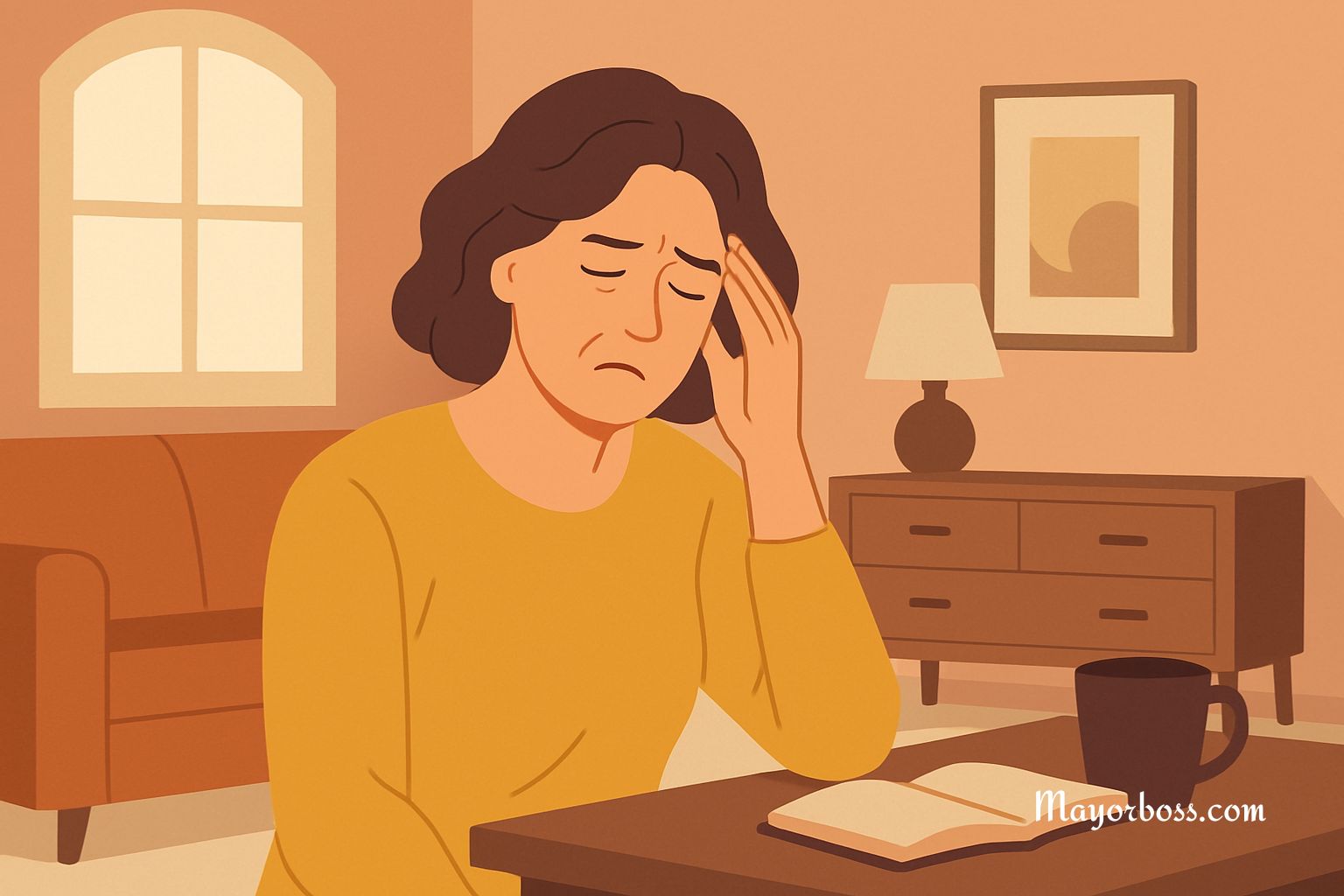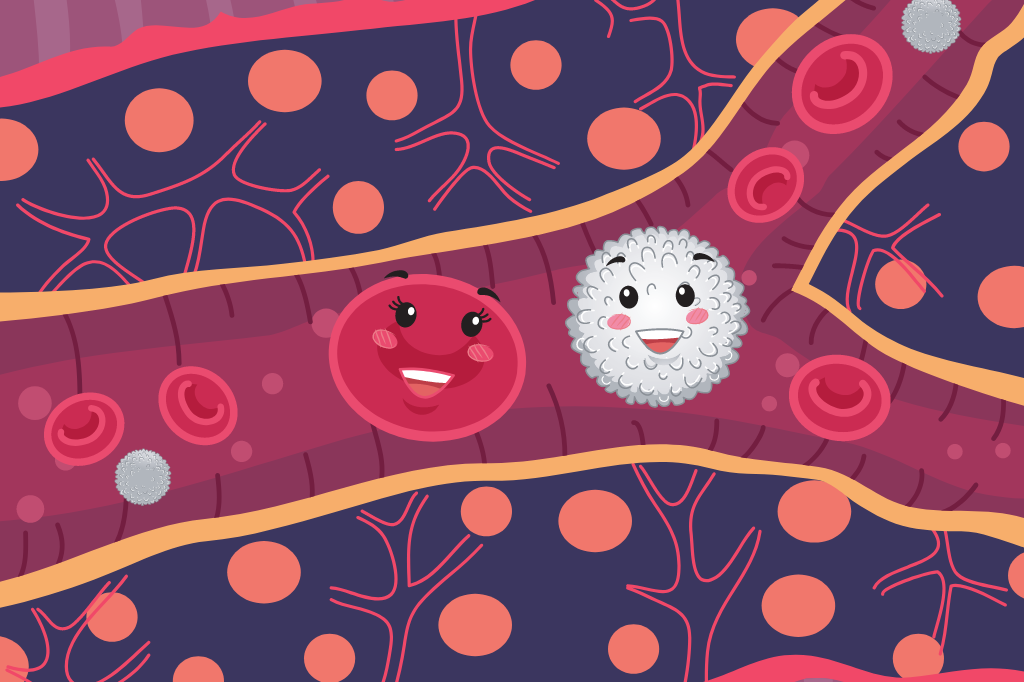Signs Your Home Is Making You Unhealthy
When most of us think about health, we often consider diet, exercise, or regular medical check-ups. But what if I told you your home—yes, the place where you should feel the safest—might be impacting your health? Whether it’s due to air quality, mold, or even the products we use, your home could be contributing to sneaky health problems you haven’t noticed yet. Here are some of the tell-tale signs that your living space might be harming your well-being.

If you’re constantly sneezing or coughing, poor indoor air quality might be the issue
If you’ve been experiencing frequent sneezing, coughing, or other allergy-like symptoms that never seem to go away, your home’s air quality could be to blame. According to the American Lung Association, pollutants like dust, pet dander, mold spores, and even harmful chemicals from cleaning products can trigger respiratory issues.
Indoor air pollution can be up to five times worse than outdoor air. Plus, common household items like carpets, paint, and furniture can release volatile organic compounds (VOCs) that can irritate your lungs. Airborne pollutants may build up, especially in homes with poor ventilation, leading to symptoms like frequent coughing, sneezing, or even asthma flare-ups. If this sounds like you, consider investing in an air purifier or regularly airing out your home to help clear things up.
If you notice mold growing in damp areas, you could be dealing with more than just an eyesore
Mold is a significant health risk, especially if you or someone in your home has allergies or asthma. The Mayo Clinic explains that mold thrives in damp, poorly ventilated areas like bathrooms, basements, or kitchens. Inhaling mold spores can trigger symptoms like nasal congestion, wheezing, throat irritation, or even skin rashes.
Black mold, in particular, is dangerous because it can release mycotoxins that affect the respiratory system. If left unchecked, mold can exacerbate chronic respiratory problems and may lead to severe complications, especially for those with weakened immune systems. If you see mold in your home, clean it up as soon as possible, and check for leaks that could be creating a breeding ground for it.
If your skin feels dry and irritated, it may be due to the humidity levels in your home
Do you constantly deal with dry skin, chapped lips, or even irritated eyes? It could be more than just the changing seasons. The humidity levels in your home play a big role in how your skin feels.
Research suggests that low humidity can strip your skin of moisture, making it dry and prone to irritation.
On the flip side, too much humidity can create a breeding ground for mold and bacteria, which may trigger allergic reactions or skin issues like eczema. Ideally, indoor humidity should be between 30-50%. If it’s too dry, consider using a humidifier. If it’s too humid, a dehumidifier can help balance things out.
If you’re feeling fatigued or dealing with headaches, carbon monoxide might be present in your home
Feeling fatigued or getting regular headaches, especially in the morning? It might not just be stress or dehydration. Carbon monoxide (CO) poisoning can present with subtle symptoms like headaches, dizziness, fatigue, and confusion. The Centers for Disease Control and Prevention (CDC) explains that this colorless, odorless gas can be deadly, often produced by faulty furnaces, gas stoves, or even fireplaces.
Even though it’s called the “silent killer,” the symptoms can be subtle enough that they’re confused with other common issues, like the flu. Installing a carbon monoxide detector is one of the easiest ways to safeguard against this problem, especially in the winter when heaters are more likely to be used.
If you notice your allergies flaring up, dust mites or pet dander might be the culprit
You’re not imagining it—if your allergies seem worse when you’re at home, it could be due to dust mites or pet dander. According to the Asthma and Allergy Foundation of America, dust mites are microscopic creatures that thrive in your bed, carpets, and upholstered furniture. They feed on dead skin cells and can typically cause sneezing, itchy eyes, and a runny nose.
Even though you can’t see them, they can trigger significant allergy symptoms, particularly in bedrooms. Regularly washing bedding, vacuuming carpets, and using allergy-proof covers on mattresses can help reduce exposure to these allergens. As for pet dander, it can also linger in the air and on surfaces, especially if you have cats or dogs that shed often.
If your water smells or tastes strange, you might be exposed to harmful contaminants
Water is essential for life, but what happens if the water coming from your taps smells funny or has a weird taste? Strange-smelling or bad-tasting water might be more than just unpleasant—it could be a sign that your home’s water supply is contaminated with chemicals or bacteria.
According to the Environmental Protection Agency (EPA), contaminants such as lead, chlorine, or even bacteria can seep into your water supply, potentially causing serious health issues like gastrointestinal problems or developmental delays in children. If you suspect an issue, it’s a good idea to get your water tested or invest in a good filtration system. You should also avoid drinking or cooking with water until you’re sure it’s safe.
If you’re noticing excessive moisture, the structural integrity of your home might be compromised
Moisture in your home can be more than just a minor annoyance. It can signal a serious problem, such as leaks in your roof, foundation, or plumbing. Over time, excessive moisture can lead to water damage, mold growth, and even structural problems in your home. Many studies have shown consistently that water damage, in particular, can result in health issues ranging from respiratory problems to skin irritation.
Fixing leaks promptly is crucial. Regularly check for signs of moisture around windows, doors, and ceilings, and be proactive about repairing leaks before they turn into bigger problems.
If your home is full of clutter, you may experience higher stress and anxiety levels
Believe it or not, the amount of stuff in your home can impact your mental health. Psychologists research that clutter can increase feelings of stress and anxiety because it overstimulates your senses and makes it harder to relax. A disorganized environment can make it difficult to focus and even contribute to feelings of overwhelm and fatigue.
Taking steps to declutter your living space, organizing your belongings, and maintaining a clean environment can help reduce stress and create a more relaxing atmosphere at home.
If you use chemical-heavy cleaning products, they could be impacting your health
While it’s important to keep your home clean, many common cleaning products contain harsh chemicals that can be harmful to your health. According to the Environmental Working Group (EWG), some cleaning products contain ingredients that can irritate your skin, lungs, and eyes. Long-term exposure to these chemicals can also contribute to chronic health problems, including respiratory issues and even hormone disruption.
Opt for natural cleaning products or make your own with simple ingredients like vinegar, baking soda, and essential oils to minimize your exposure to harmful chemicals.
Your home should be a sanctuary, but hidden dangers could be making you sick
Your home is where you rest, recharge, and spend time with loved ones. But if you’re dealing with unexplained health symptoms, it’s worth considering whether your living space might be the cause. From poor air quality to hidden mold, the factors in your environment can take a toll on your well-being. By addressing these issues head-on, you can create a healthier, safer space for yourself and your family.






